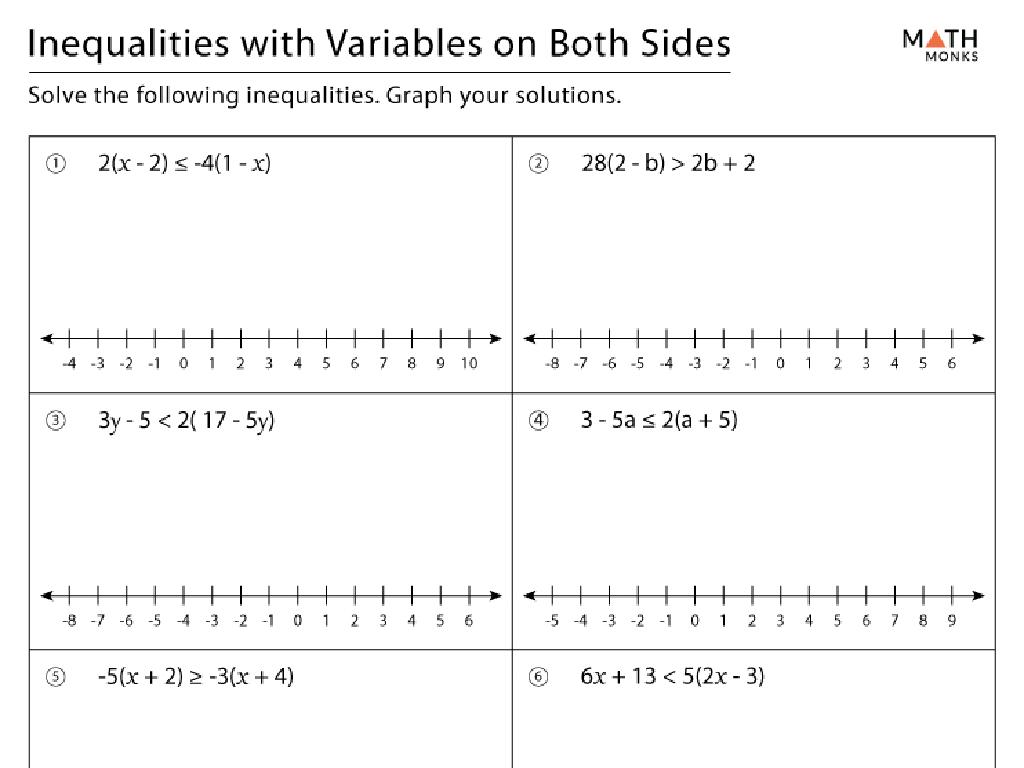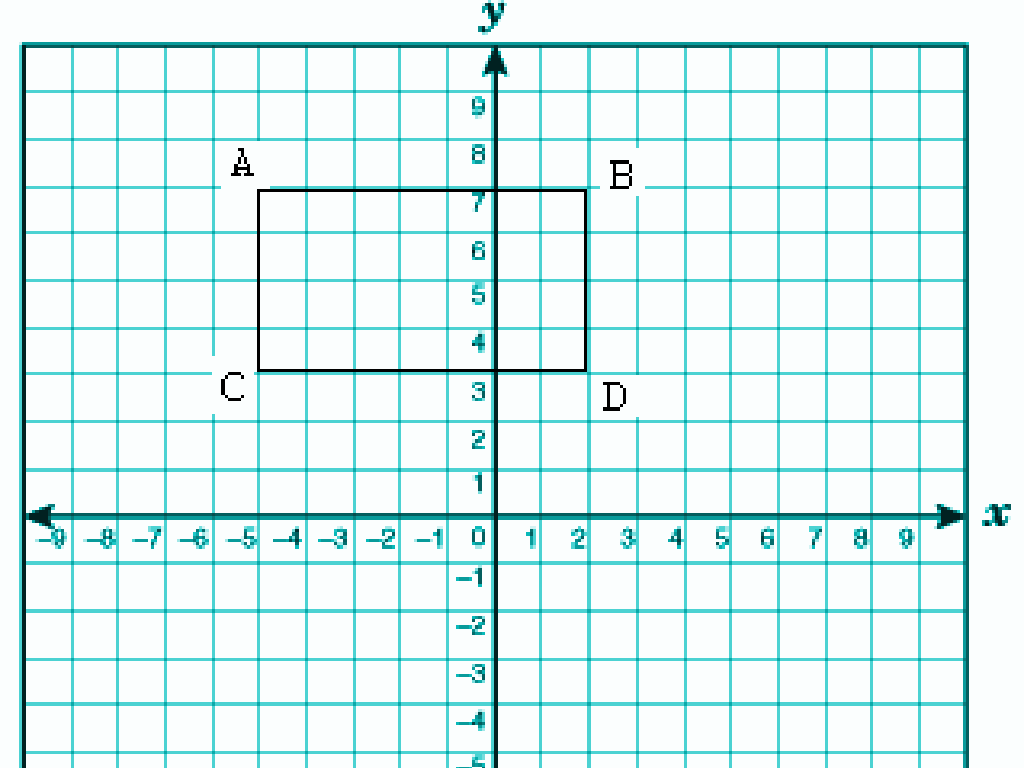Sort Words By Shared Greek Or Latin Roots
Subject: Language arts
Grade: Fifth grade
Topic: Greek And Latin Roots
Please LOG IN to download the presentation. Access is available to registered users only.
View More Content
Exploring Greek and Latin Roots
– Discover language building blocks
– Define Greek and Latin roots
– Roots are word parts that carry meaning, found in many English words.
– Understand roots importance
– Knowing roots helps with spelling, vocabulary, and understanding new words.
– See roots in English words
– For example, ‘bio’ means life in words like biology or biography.
|
This slide introduces students to the concept of Greek and Latin roots, the fundamental elements that form a large part of the English language. Emphasize that these roots are like the building blocks of language, helping us to decode and understand the meaning of new words. Explain that a root can often give us a clue about a word s meaning, even if we ve never seen the word before. Highlight the importance of these roots in English, particularly in academic and domain-specific vocabulary. Provide examples of common roots and how they appear in different words. Encourage students to become ‘word detectives’ who can spot and make connections between different words that share the same root.
Discovering Language Roots
– Greek & Latin roots in English
– ‘photo’ means light
– Examples: photograph, photosynthesis
– ‘tele’ means far
– Examples: telephone, television
– Activity: Find words with roots
– Look for words in books or at home with ‘photo’ or ‘tele’
|
This slide introduces students to the concept that many English words are derived from Greek and Latin roots. Begin by explaining what roots are and how they form the basis of many words. Provide the examples ‘photo’ and ‘tele’ to illustrate common roots and their meanings. For the activity, instruct students to identify words that contain these roots, either from their textbooks, library books, or even items around their home. This will help them understand the practical application of roots in everyday language. Encourage them to share the words they find and discuss the meanings. This activity will enhance their vocabulary and decoding skills for unfamiliar words.
Roots and Word Meaning
– Roots form the word base
– Prefixes and suffixes modify meaning
– Example: ‘tele’ + ‘vision’
– ‘tele’ (far) + ‘vision’ (seeing) = ‘television’
– Class brainstorm: Invent new words
– Use roots to create and share original words
|
This slide introduces the concept of Greek and Latin roots and how they form the foundation of many English words. Students will learn that by adding prefixes (beginnings) and suffixes (endings), they can change or enhance the meaning of the root word. For example, ‘tele’ means ‘far’ and ‘vision’ means ‘seeing,’ and when combined, they create ‘television,’ a device for seeing things from far away. Encourage the class to use their creativity to combine known roots with different prefixes and suffixes to create new words. This activity will help them understand the flexibility of language and the power of roots in word formation. Provide guidance and ensure that each student participates in the brainstorming session.
Sorting Words by Roots
– Group words by common roots
– Words with the same roots are like family members
– Roots reveal word meanings
– For example, ‘bio’ means life, ‘photo’ means light
– Activity: Sort example words
– ‘photograph’, ‘telephone’, ‘biology’ – find the roots
– Discuss findings as a class
– Share how you sorted the words and why
|
This slide introduces the concept of sorting words by their Greek or Latin roots, which can help students unlock the meanings of unfamiliar words. The activity involves sorting words like ‘photograph’, ‘telephone’, and ‘biology’ based on their roots. ‘Photograph’ and ‘photo-‘ come from the Greek word for light, ‘telephone’ combines ‘tele-‘ meaning far and ‘phone’ meaning sound, and ‘biology’ combines ‘bio-‘ meaning life and ‘-logy’ meaning study of. After the activity, facilitate a class discussion where students share their sorting process and the reasoning behind it. This will help reinforce their understanding of word roots and how they can be used to decipher word meanings.
Practice with Greek and Latin Roots
– Identifying word roots
– Break down words to find the root
– Interactive root matching game
– Match words with similar roots together
– Understand root meanings
– Roots give clues to a word’s meaning
– Enhance vocabulary skills
|
This slide is designed to engage students in an interactive game that will help them practice identifying Greek and Latin roots in words. The activity will reinforce their understanding of how roots form the foundation of many English words and contribute to their meanings. By matching words to their roots, students will enhance their vocabulary and comprehension skills. The game should be designed to be fun and educational, encouraging students to think critically about word construction. Teachers should prepare a list of words and their corresponding roots, ensuring a mix of familiar and new terms to challenge students. The activity can be adapted to individual or group play, and teachers should be ready to assist students who may struggle with more complex words.
Class Activity: Root Exploration
– Find 5 words with a common root
– Discuss root meaning connection
– How does the root inform the word’s meaning?
– Prepare a group presentation
– Share with the class
|
This activity is designed to help students understand the concept of Greek and Latin roots and how they form the basis of many words in the English language. Divide the class into small groups and assign each a different Greek or Latin root. Each group will search for five words that share the assigned root and discuss how the meaning of the root is reflected in the words they have chosen. They will then prepare a short presentation to share their findings with the class. This will not only enhance their vocabulary but also their public speaking and collaboration skills. Possible roots to assign could be ‘bio’ meaning life, ‘geo’ meaning earth, ‘tele’ meaning far, and ‘photo’ meaning light. Encourage creativity in their presentations and ensure each student has a role in the group work.
Wrapping Up: The Power of Roots
– Recap: Roots in English
– Greek and Latin roots form the foundation of many English words.
– Review today’s roots & words
– Reflect on the roots like ‘bio’ (life) and ‘geo’ (earth) and words such as ‘biology’ and ‘geography’.
– Preview: Advanced roots
– Get excited for more complex roots and their role in language.
– Importance of continued learning
|
As we conclude today’s lesson, remind students how Greek and Latin roots are essential building blocks in English, helping us understand the meaning of words and expand our vocabulary. Review the roots covered in the lesson, such as ‘bio’ and ‘geo’, and the words they help form. This reinforces the day’s learning and solidifies understanding. Looking ahead, get students excited about diving deeper into more complex roots in the next lesson, emphasizing that mastering these will further enhance their language skills. Encourage them to be observant of these roots in their daily reading and to practice with the words they’ve learned today.






